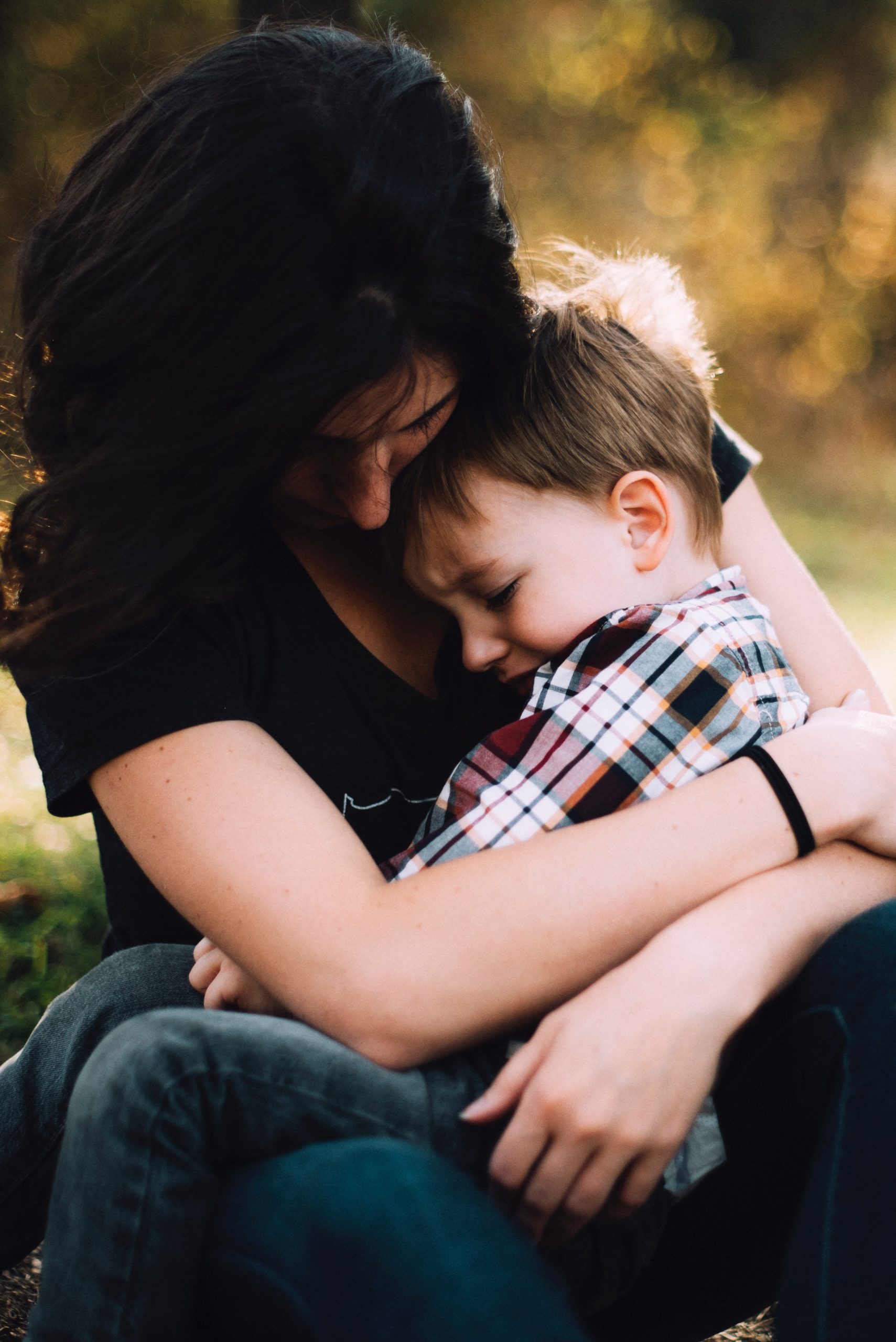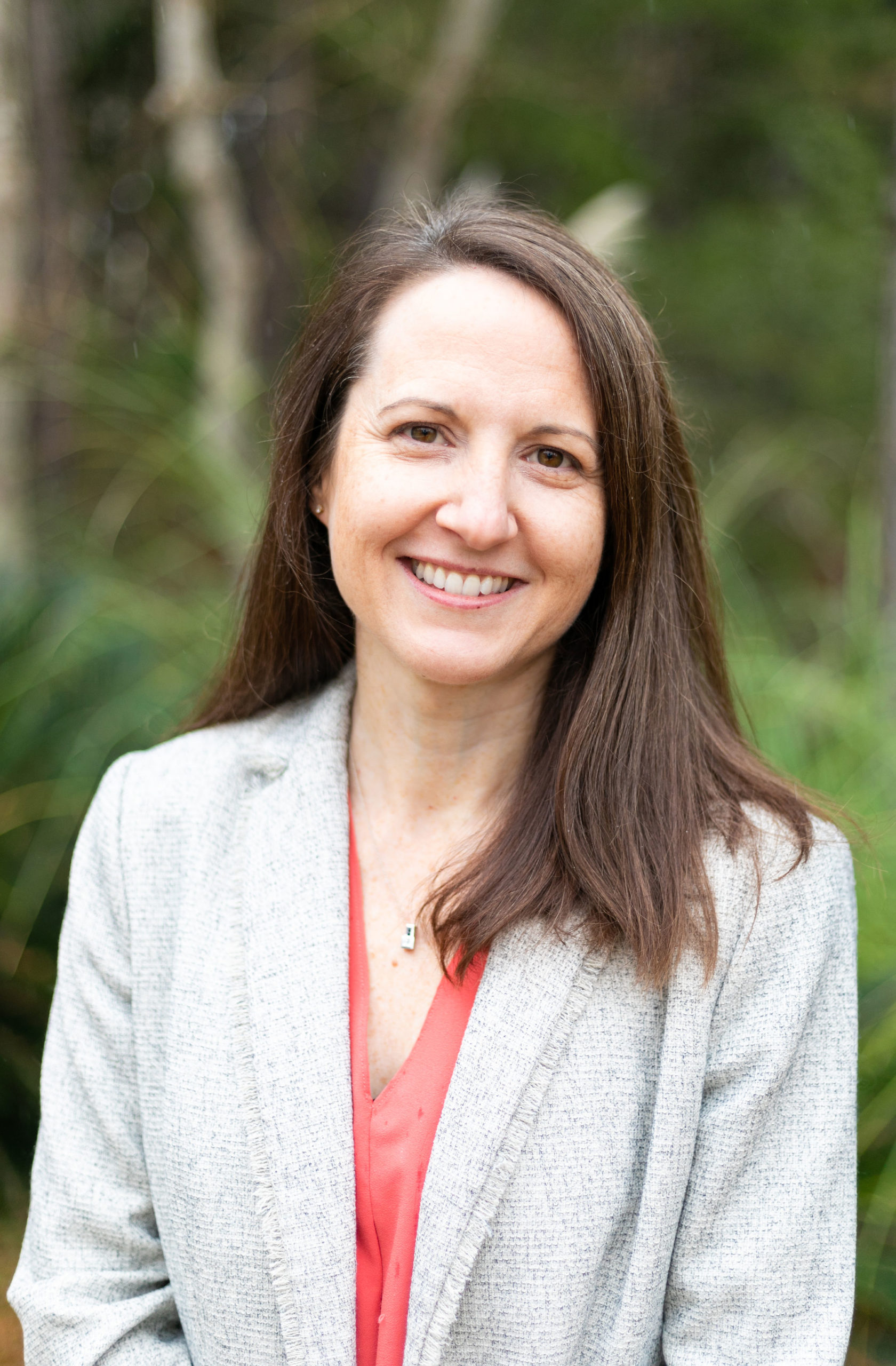
Trauma-Focused Cognitive Behavioral Therapy (TF-CBT) Training
May 25-27, 2022
Training and Consultation
A three-day training in Trauma-Focused Cognitive Behavioral Therapy led by TF-CBT National Trainer, Dr. Carole Swiecicki, Ph.D. The training includes 6 months of twice-monthly consultation and meets standards for National Certification in TF-CBT.
- Event Location: This interactive training will be delivered virtually via Zoom
- Event Dates: May 25, 26, and 27, 2022 (Our March 2-4 training is full.)
- Event Schedule: 9:00am – 2:00pm EST (8:00am-1:00pm CST/6:00am-11:00am PST)
- Consultation Time: Consultation includes two, 1-hour calls each month conducted via Zoom. Participants will be sent a Doodle poll to select a consultation call group.
- Training Fee: $585 per person
- CE Credits: A maximum of 10 CE credits are available. See below for details
- Deadline/Cancellations: Registration closes Weds, May 18, 2022. Refunds for cancellation are awarded up to 7 days before the start of the training. All refunds are subject to a 5% processing fee. To request a refund please email cswiecicki@harbormaplecounseling.com or complete the form at the bottom of this page.
- Space is limited.
For additional information, fill out the form below or reach out to cswiecicki@harbormaplecounseling.com.
About TF-CBT
Trauma-Focused Cognitive Behavioral Therapy is an evidence-based, trauma focused treatment for children and teens between the ages of 3 and 17. TF-CBT is a skills-based treatment model that decreases PTSD and depressive symptoms in children and teens and improves the relationship between children and their caregivers.
Learn more at tfcbt.org


TF-CBT Training Details
Participants
- Must have a master’s degree or higher in a mental health field and be licensed or license eligible. This course is designed for mental health professionals who work with children who have experienced trauma. It is an intermediate level course
- Must complete TF-CBT Web (https://tfcbt2.musc.edu/) and provide a certificate prior to the first day of training. TF-CBT Web is a separate fee of $35 to be paid on the MUSC website.
- Will be expected to complete 3 TF-CBT cases over the course of the training and to present on cases during the consultation calls.
- Will be eligible for national certification following completion of training requirements.
- It is recommended that participants read Treating Trauma and Traumatic Grief in Children and Adolescents, 2nd Ed.
Location/Virtual Requirements
- All training activities will be conducted on the Zoom platform. Registrants will receive an invitation no later than one week prior to the training.
- Training times are in EASTERN standard time.
- This training will not be recorded. To become eligible for TF-CBT rostering, all
three days of training must be attended live.
Virtual requirements:
- Participants must have a device that allows for both audio and visual transmission. Even over Zoom this is an interactive training with role plays and participation!
- Participants must be visible on the screen for the full training (minus planned breaks, of course!)
Learning Objectives
-
Identify at least 3 emotional, behavioral and/or cognitive impacts of trauma exposure in childhood.
-
Be able to reference at least 3 clinical symptom outcomes that the empirical research shows are improved through delivery of TF-CBT.
-
Identify and describe the rationale for each component of the TF-CBT model.
-
Demonstrate 2-3 strategies to accomplish the goals of the Stabilization phase.
-
Demonstrate 2-3 strategies to accomplish the goals of the Trauma Narrative phase.
-
Demonstrate 2-3 strategies to accomplish the goals of the Integration phase.
Continuing Education
- The Medical University of South Carolina’s Department of Psychiatry and Behavioral Sciences Office of Continuing Education approves this live activity for a maximum of 10.0 APA CE credit(s). Psychologists should claim only the credit commensurate with the extent of their participation in the activity
- The South Carolina Board of Examiners in Psychology will approve 10.0 Category A Credit(s).
- The South Carolina Board of Examiners for Licensure of Professional Counselor, Marriage and Family Therapists and Psycho-Educational Specialists will approve 10.0 hours of continuing education credit(s). Permanent sponsorship approval # 97.
- The South Carolina Board of Social Work Examiners will approve approximately 10.0 hours of designated credit.
About The Trainers

TF-CBT Trainer
Dr. Carole Swiecicki is a licensed psychologist, owner at Harbor Maple Counseling and Psychological Services and Affiliate Assistant Professor in the MUSC Department of Psychiatry and Behavioral Sciences. She also provides direction to Remolina Support Programs and programmatic guidance to the Dee Norton Child Advocacy Center. She received her Ph.D. in clinical psychology at St. Louis University, followed by a psychology internship at the National Crime Victims Research and Treatment Center at the Medical University of South Carolina. Her clinical work and research focuses on disseminating effective assessments and interventions for traumatized children, teens, and adults. Dr. Swiecicki has delivered TF-CBT in English and Spanish, and in outpatient, residential, and community (e.g., home, school) settings.
Dr. Swiecicki is a national trainer in TF-CBT and has obtained numerous federal grants aimed improving access to evidence-based trauma treatment. She is a former member of the board of directors at National Children’s Alliance, Child Advocacy Centers of Virginia and the South Carolina Network of Children’s Advocacy Centers.

Associate Trainer
Erinn F. Portnoy is the Executive Director of the Child Advocacy Center at Children’s Hospital of The King’s Daughters in Norfolk, Virginia. She is a Licensed Clinical Social Worker with over 25 years of experience in the mental health field, including 22 years of experience in child maltreatment, the last 14 of which have been spent at the Child Advocacy Center. Ms. Portnoy holds both Bachelor and Master of Social Work degrees from the University of Georgia. She has extensive expertise in child maltreatment and conducts research in the field. Ms. Portnoy is certified in Trauma-Focused Cognitive Behavioral Therapy and is trained in Parent Child Interaction Therapy. Ms. Portnoy spearheaded the development of a “Coping in Court” add-on module to TF-CBT conducted with children expected to testify in court, a project funded by the Office for Victims of Crime. She trains community partners, providers, and community members about trauma-informed care, trauma and resilience, Adverse Childhood Experiences, and evidenced-based treatments and best practices, among other topics. She is chair of the Hampton Roads Trauma Informed Community Network and a board member of Champions for Children.
